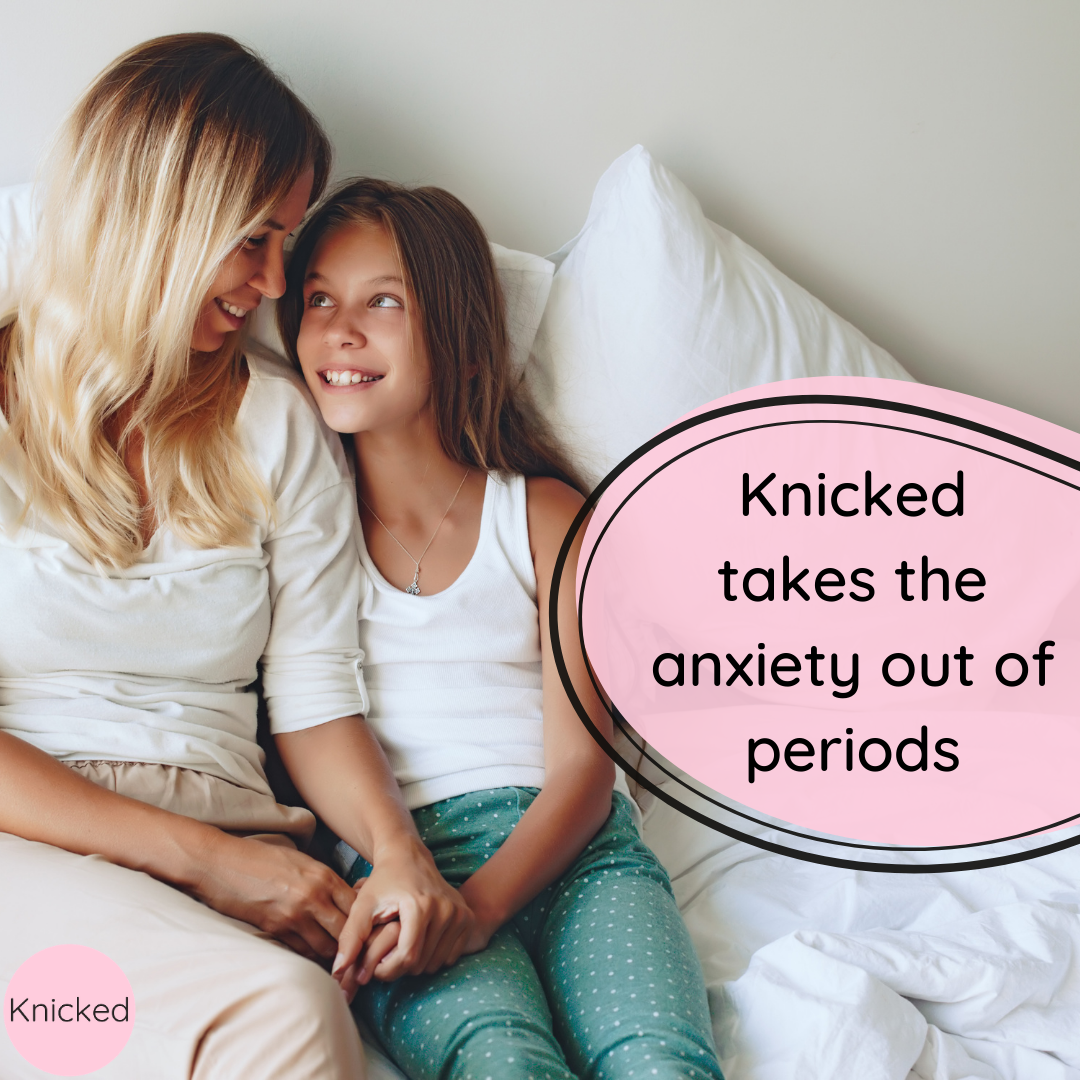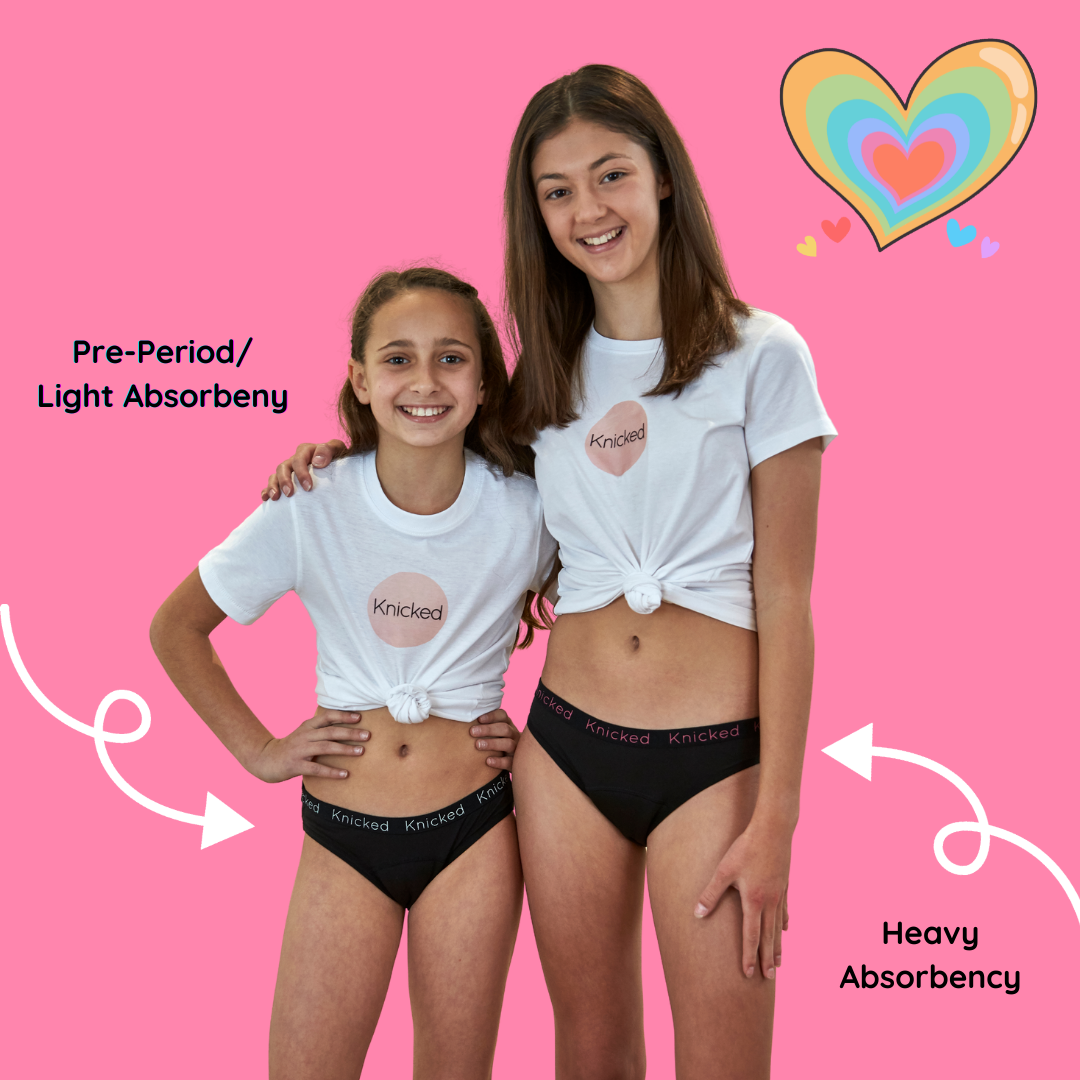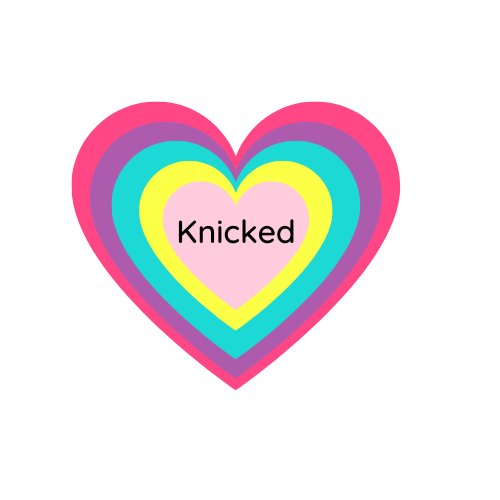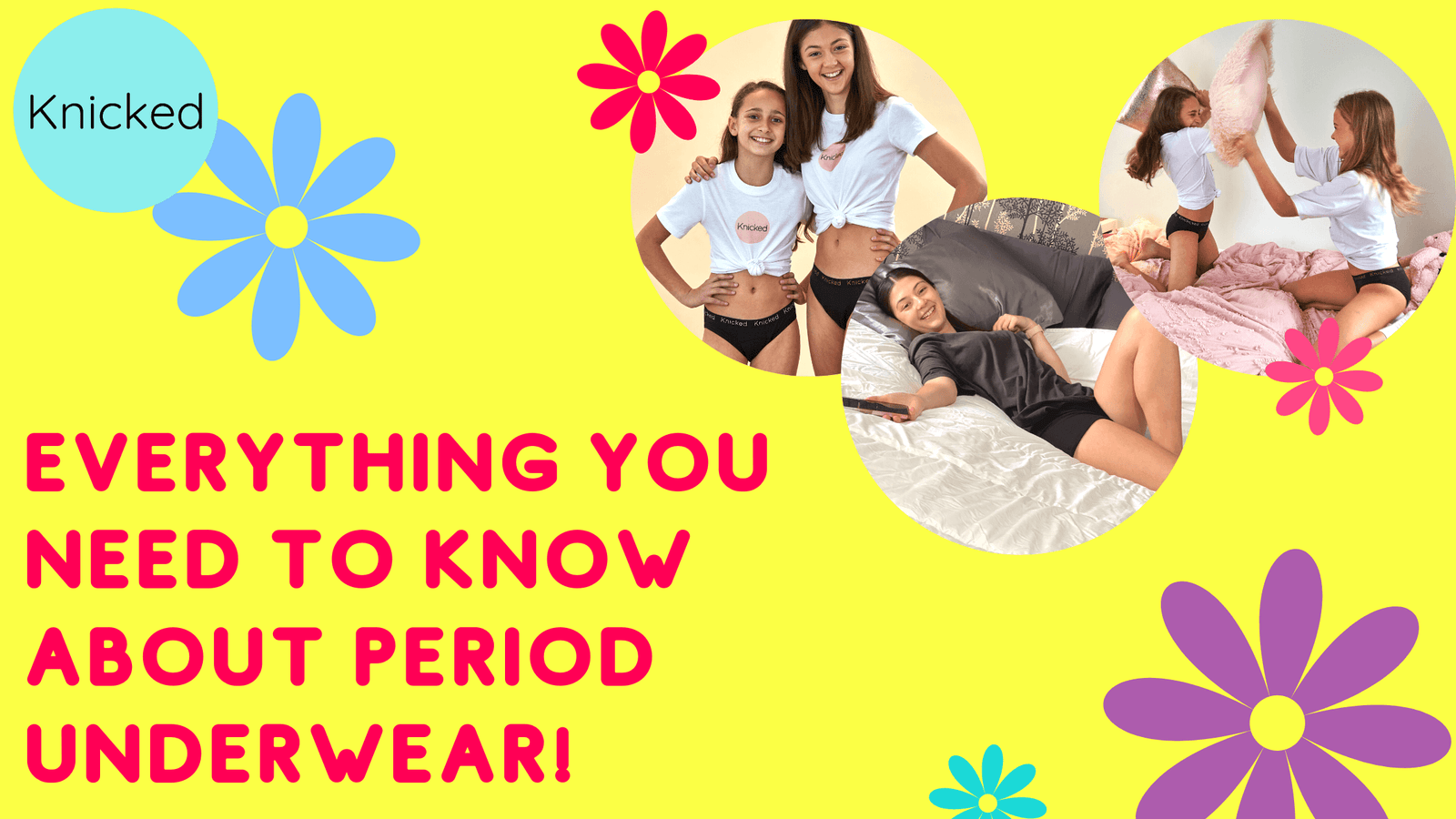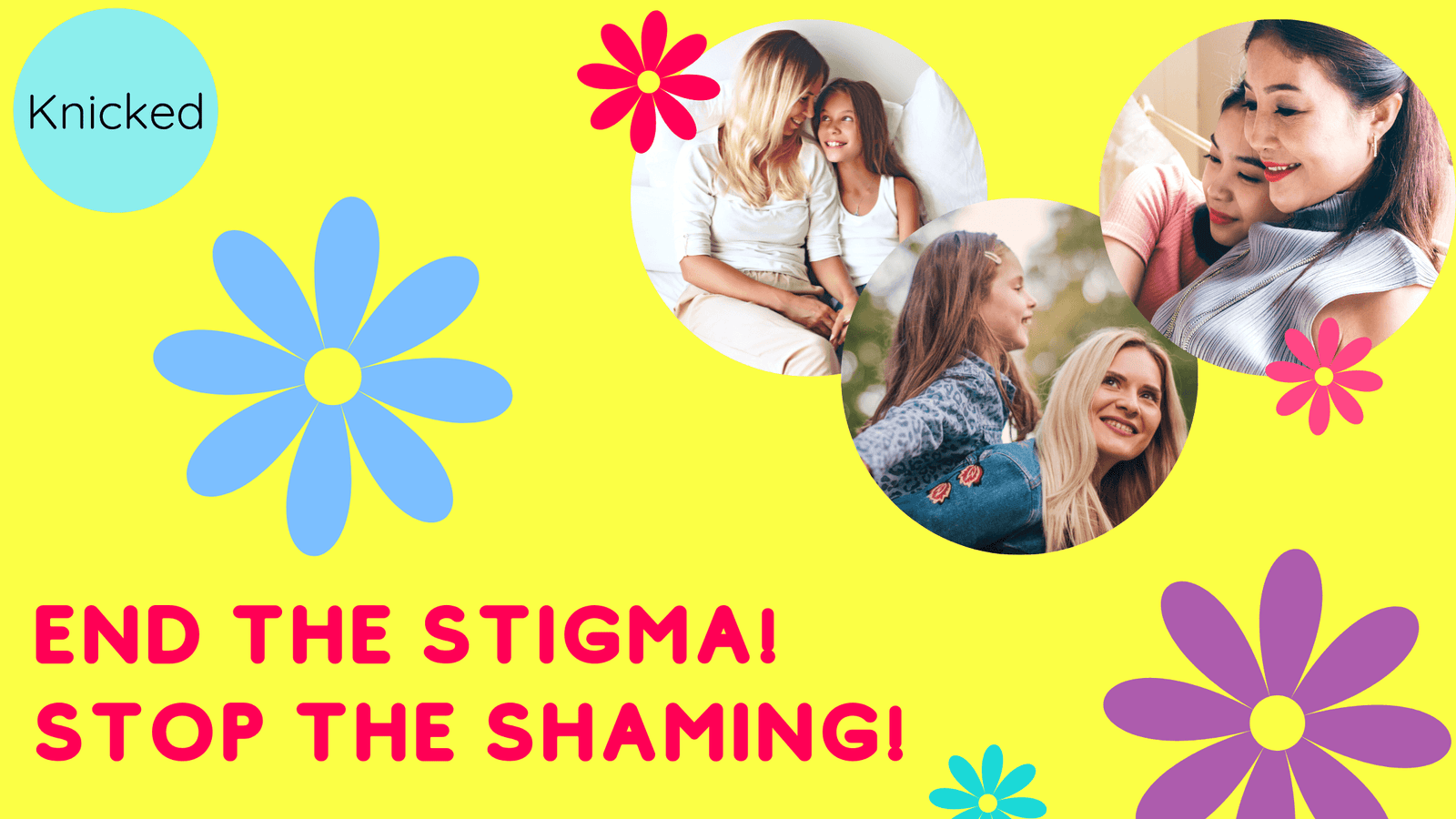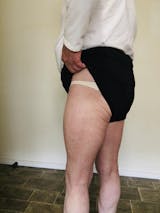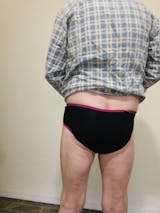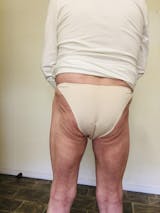Menstruation is a universal occurrence, but everyone has their own unique experiences with it. Whether due to education and accessible supplies, gender expression, or even your role as someone supporting a new menstruator, getting a period for the first time - or the hundredth - can look different for everyone.
Periods can also be perceived differently across the world, making people’s experiences with periods even more different. Check out this blog to see some of the different traditions surrounding first periods!
Before we get into sharing some different period experiences, it’s important to acknowledge what a period is:
A period is just one stage of a female’s menstrual cycle where the lining of the uterus sheds, releasing blood. There are signs in preteens which indicate their period is starting soon, but it usually happens about two years after breast buds begin to develop. Period length, symptoms and experiences are incredibly diverse, depending on the person menstruating!
Watch this video to see how the whole cycle in 2 minutes:
The diversity of periods is reflected in our experiences with them, so let's have a look at what having a period is like for different people!
Personal Period Stories:
“Before I got my period I feared the day it would come, as in my mind blood would suddenly start flooding from my uterus and everyone would laugh, leaving me to be a social outcast. In reality it happened in year 7 during basketball training, I realised when I went to the bathroom and I was so freaked out I went home ‘sick’. Luckily I had my emergency pads pouch the school had given us, so I was covered.” — Cisgendered Menstruator
"I always felt a bit disjointed when my period came around. It's like my body didn't really reflect who I saw myself as. But I've learned to view it as just another part of my human experience, not tied to gender. Embracing it has been empowering, and it helps me connect with others who feel the same dissonance. It's not just a 'female' thing; it’s a human thing." — Non-Binary Menstruator
"For me, getting my period is a complex mix of emotions. It used to trigger my dysphoria, but I've worked hard to reframe that experience. Now, I see it as just another body function that I manage, like eating or sleeping. It does not define my masculinity. Sharing this openly has helped me feel less isolated and more seen by my peers." — Trans Man Menstruator
"Initially, periods were a painful reminder of a gender assigned at birth that I didn't identify with. However, through community support and personal growth, I've transformed that pain into a source of strength. It's another challenge I overcome regularly, and it reminds me of my resilience. I am more than my body's biological functions." — Trans Man Menstruator
“This was one thing my mother managed very well! She had already shown my little sister and I how to use pads and had a stock in the bathroom all ready to go. She had told us how often to change them and reinforced the importance of this from a health perspective. Our school had talked about how we might feel cramping and may feel uncomfortable… so I wasn’t scared and it didn’t seem like a big deal when I did get my period.” — Cisgendered Menstruator

Experiences as Supporters of New Menstruators:
"As a parent, it's my role to make sure my child feels supported and understood, no matter what. Talking about periods openly at home helps us do just that—it removes the mystery and the stigma." — Parent of a 13-year-old
"I always tell my granddaughter that knowledge is power. Learning about her body and understanding her period is a big part of that. It’s something natural, not something to fear." — Grandmother
"Periods are not just a ‘girl thing.’ It’s a human thing, and we all have a part to play. That’s why I learned about periods along with my daughter. We’re in this together." — Father of a 13-year-old
"My child doesn’t identify with the gender they were assigned at birth. It’s crucial for us to find ways to handle their period that don’t exacerbate dysphoria. Inclusive products like period undies make that possible." — Parent
"Helping my tween manage her period confidently means she never has to feel held back by her body. That’s what being a supportive parent is all about." — Parent of an 11-year-old
"I remember how secretive everything about periods was when I was a girl. I want my granddaughter to grow up knowing her body is nothing to be ashamed of." — Grandmother
"In our culture, periods are talked about in whispers. But in our house, we talk about it openly. We’re breaking those old taboos, one cycle at a time." — Parent of a 14-year-old

Experiences with Period Products:
"Finding the right products like period undies has been a game-changer for us. It's not just about comfort; it’s about giving my tween the confidence to go about her day without worry." — Parent of a 12-year-old
“When I am bleeding I don’t go to school. I’m afraid it will get onto my uniform, and that the whole class will laugh. I put rags in my underwear, but that does not really help much.” — 15-year-old from Uganda
"We use period undies because we care about the planet. It’s about teaching my kids to make environmentally friendly choices in every aspect of their lives." — Parent of a 15-year-old
This last point is crucial to the universal experience of periods. No matter where someone is from or how they identify, menstruators deserve accessible and inclusive period products. Our period underwear seeks to achieve just that, being affordable, environmentally responsible and, above all, safe!

So, if period experiences are so different, how can we support one another?
The BEST thing we can do to support all menstruators is to keep talking about all things periods. By sharing different experiences and acknowledging that anyone can have a period, we are keeping this natural occurrence from becoming taboo or not inclusive.
Supporting and sharing period equity initiatives is also a crucial step for supporting people across the globe.
Further, emphasising the importance of education for everyone, on both the bodily functions and on different types of period experiences, we ensure no one is ill-prepared, ignorant or isolated.
Periods are a human thing that happen universally, and every child deserves to face their period with confidence, support and ease. Continue this conversation in your own community, or feel free to share your experiences with periods on oursocials!

